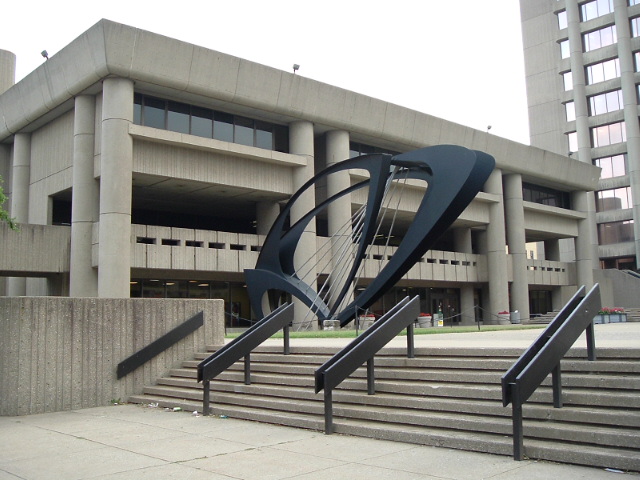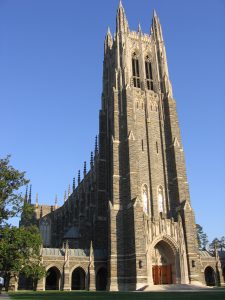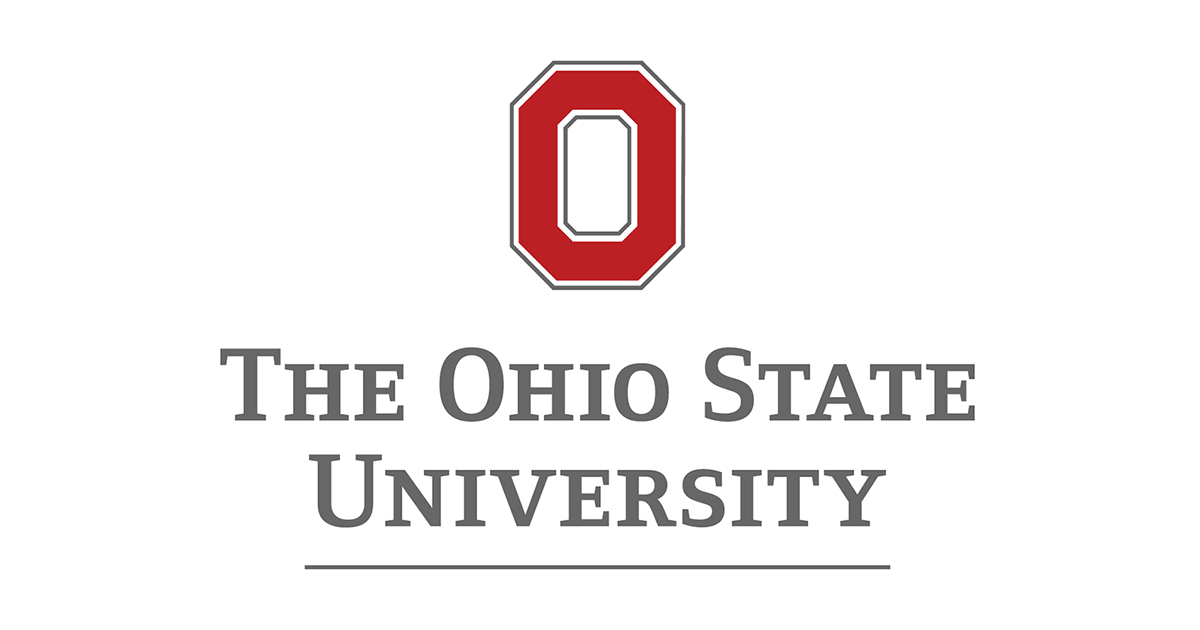
Suing the government is difficult. And because public universities often function as an arm of state governments, that makes them hard to sue, too, a fact reiterated in a whistleblower case decided earlier this year.
In January, Judge David Hale of the Western District of Kentucky dismissed a lawsuit filed by former employees of the University of Louisville alleging that the institution fraudulently secured millions in federal grants due to a biosafety program that had fallen out of compliance with federal regulations. The biosafety officers also alleged that they were wrongly terminated for pointing out the compliance issues to Louisville, the National Institutes of Health, and even the Federal Bureau of Investigation. But the judge’s order came before those issues would even be considered.
According to the suit, filed in 2015, plaintiffs Karen Brinkley and Carol Whetstone alleged that the university, seven principal investigators, and an administrator had worked to wrongly obtain as much as $165 million from the National Institutes of Health. Around 2008, according to the plaintiffs, the defendants began allowing persistent biosafety issues — improper training and biological material disposal methods, protocols with expired institutional biosafety committee approvals, performance of research tasks in labs with insufficient biosafety ratings — to taint their applications for multiple federal grants (the complaint didn’t specify how many). Brinkley and Whetstone filed suit under the False Claims Act (FCA), which allows individuals to recover money on behalf of the U.S. government; allegedly, the grants were improperly obtained because the defendants had certified that they were in compliance with NIH’s biosafety requirements, even though they knew that they were not. Continue reading Failed whistleblower suit is a reminder that public universities are hard to sue



 When a journal discovers elementary design flaws in a paper, what should it do? Should it retract immediately, or are there times when it makes sense to give the researchers time to perform a “do-over?”
When a journal discovers elementary design flaws in a paper, what should it do? Should it retract immediately, or are there times when it makes sense to give the researchers time to perform a “do-over?” A
A 

 The senior author of a lawsuit-spawning study of the CrossFit exercise program has resigned from his post at The Ohio State University.
The senior author of a lawsuit-spawning study of the CrossFit exercise program has resigned from his post at The Ohio State University.